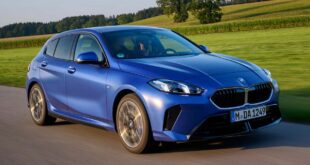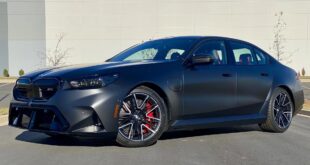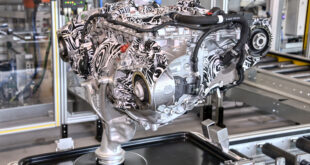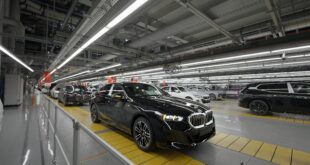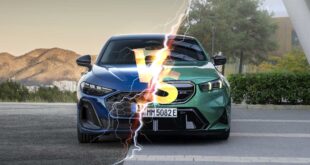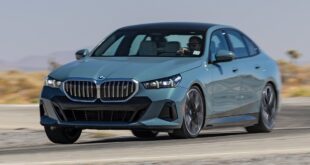Canadian market research company Corporate Knights evaluates the sustainability activities of companies around the world on a regular basis. A total of 4,353 companies worldwide with a market capitalisation of more than two billion US dollars were considered in the 2016 ranking. The 100 most successful companies were then listed in the so-called “2016 Global 100 Most Sustainable Corporations in the World (Global 100)†ranking. The BMW Group received the highest score among all the companies evaluated, securing first place.
“Sustainability is part of our identity. We have accomplished a great deal and set ourselves further goals for the future. Of course, winning ratings and rankings is not our main priority – but it shows that our activities continue to have an impact and that we are on the right track,†said Harald Krüger, Chairman of the Board of Management of BMW AG.
Corporate Knights considers a large number of sustainability indicators in its rating, including production resource efficiency, occupational safety and investment in research and development.
Toby Heaps, CEO of Corporate Knights, said “BMW Group is ranked number one in the world for its super efficient use of water, energy and lack of waste.â€
Sustainability is firmly embedded in the BMW Group’s culture and corporate strategy. In 2001, the BMW Group committed itself to the United Nations Environment Programme, the UN Global Compact and the Cleaner Production Declaration. It was also the first company in the automotive industry to appoint an environmental officer back in 1973. Today, the Sustainability Board, comprising all members of the Board of Management, defines the strategic alignment through binding targets.
The BMW Group adopts an holistic approach, implementing sustainability throughout the value chain. In addition to reducing CO2 emissions, its strategy also focuses on continuous improvement in areas such as corporate environmental protection, supply chain sustainability, employee orientation and social commitment.
The BMW Group is not just focusing on vehicles like the BMW i3 or BMW i8: Mobility services and modern car-sharing offerings are also gaining more and more importance in urban areas. Today, more than 50 per cent of the electricity the BMW Group purchases worldwide already comes from renewable sources. In Leipzig, the BMW Group uses wind power: Four wind turbines located on site since mid-2013 now supply electricity exclusively for production of the BMW i3 and BMW i8. Our American plant in Spartanburg, South Carolina, uses methane gas from a nearby landfill to generate the power and heat needed for production. At our Rosslyn plant in South Africa, the BMW Group operates a biogas-fuelled combined heat and power station. The gas it uses is produced by processing waste from local cattle and chicken farms. In 2015, the BMW Group also became the first automobile manufacturer in Europe to use a 40-ton electric truck to transport materials on public roads.
 BMW.SG | BMW Singapore Owners Community The Ultimate BMW Community – Established Since 2001
BMW.SG | BMW Singapore Owners Community The Ultimate BMW Community – Established Since 2001

